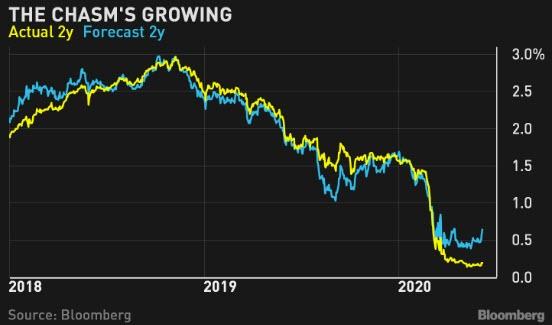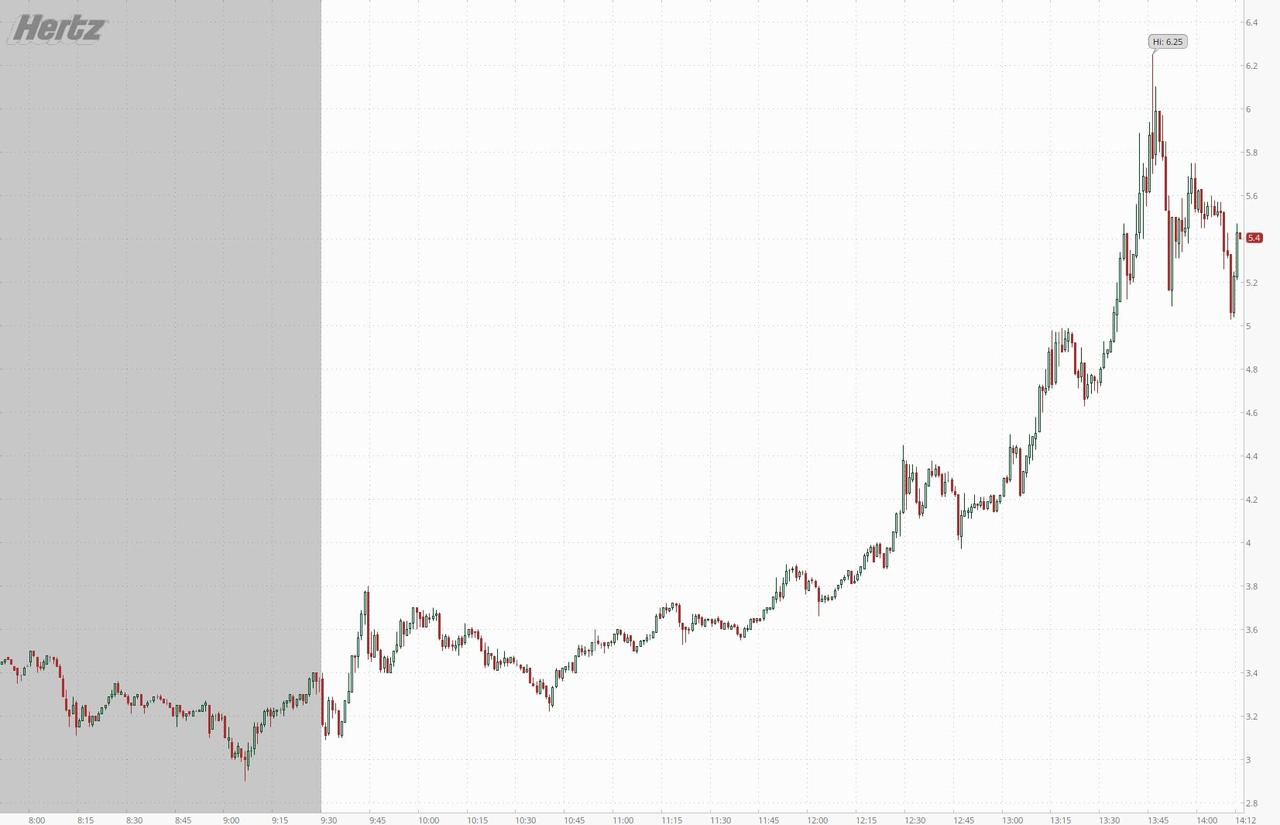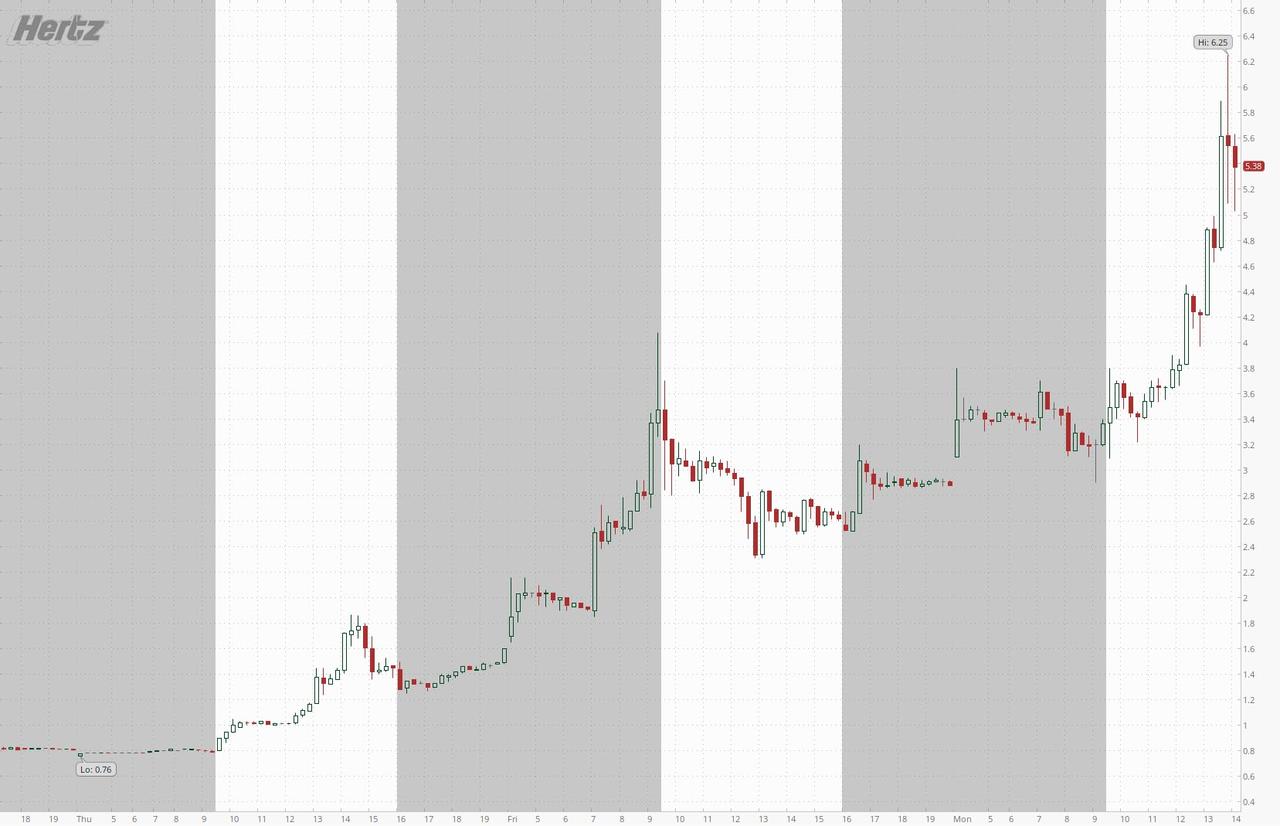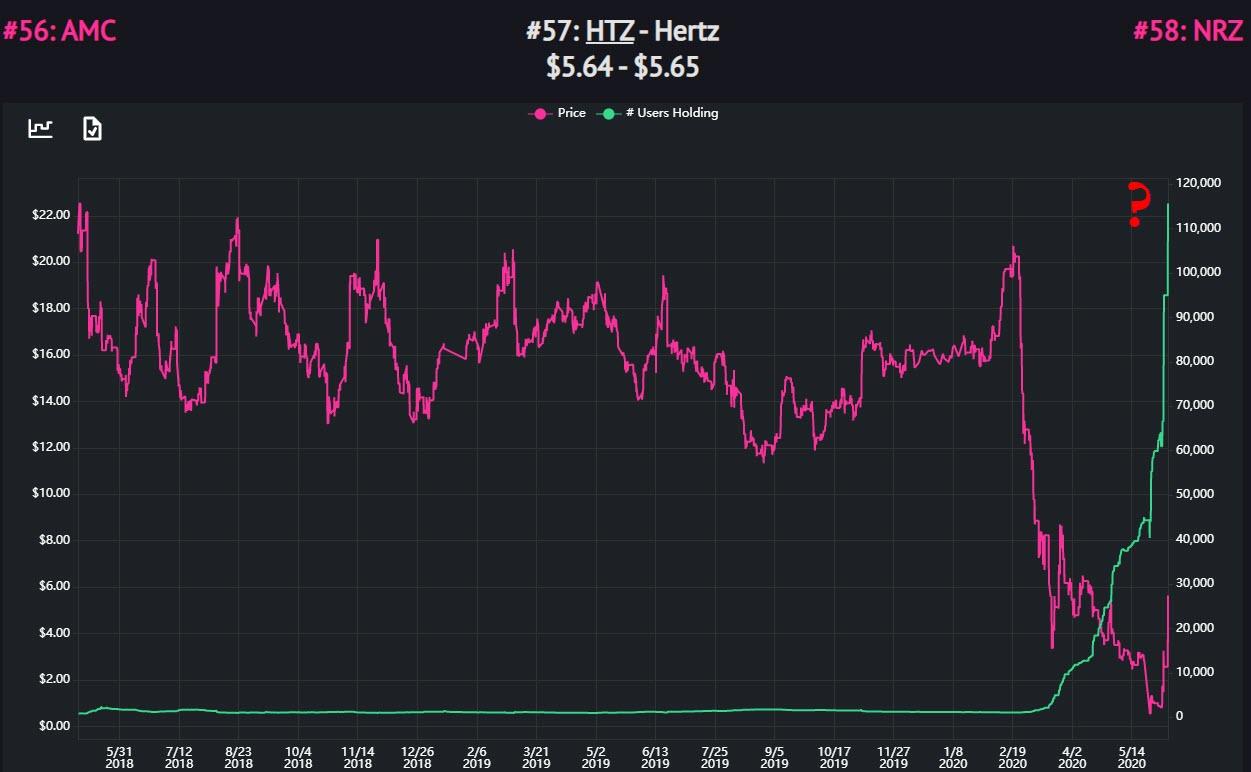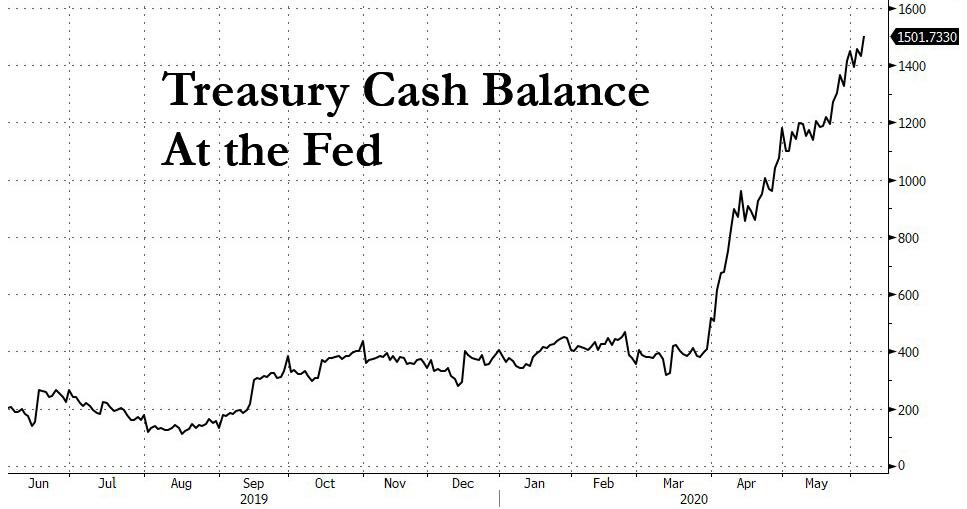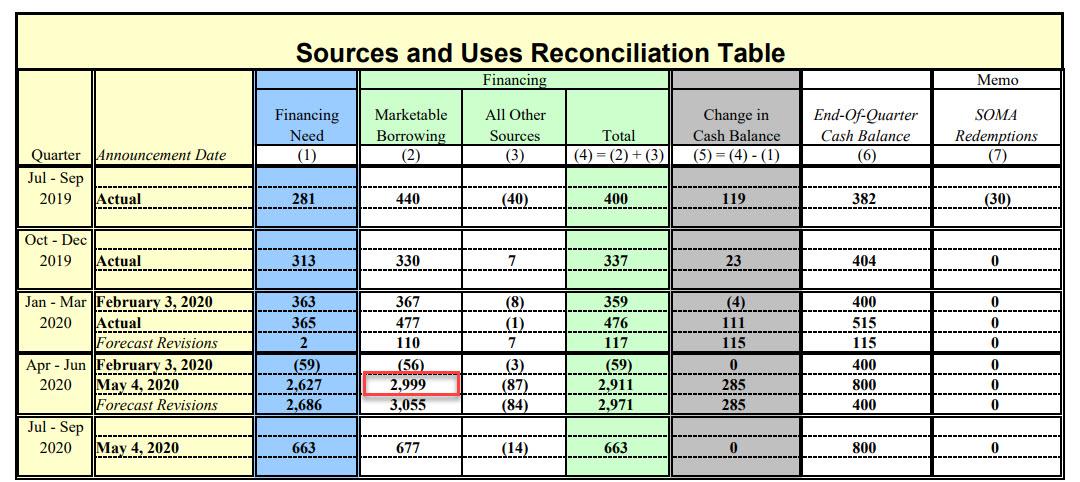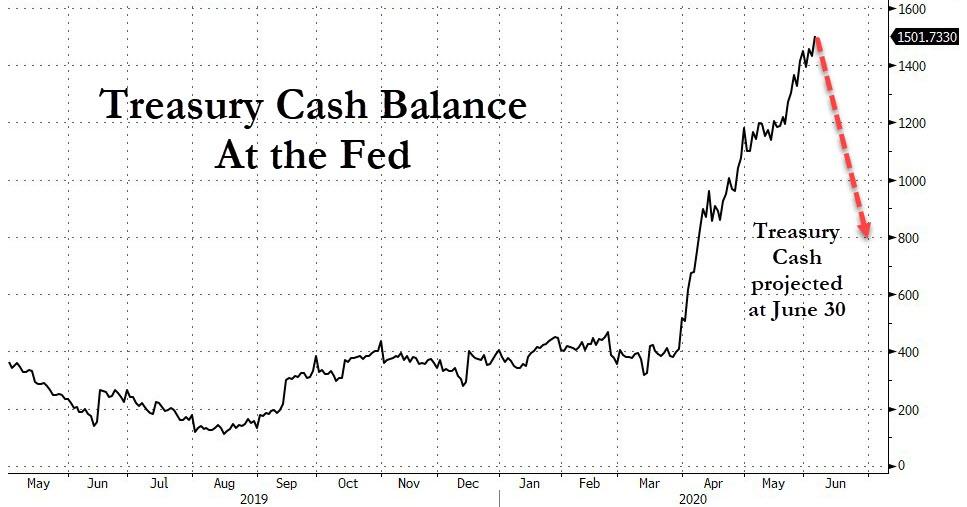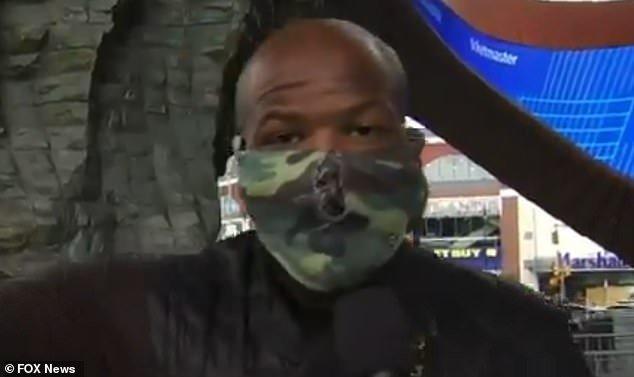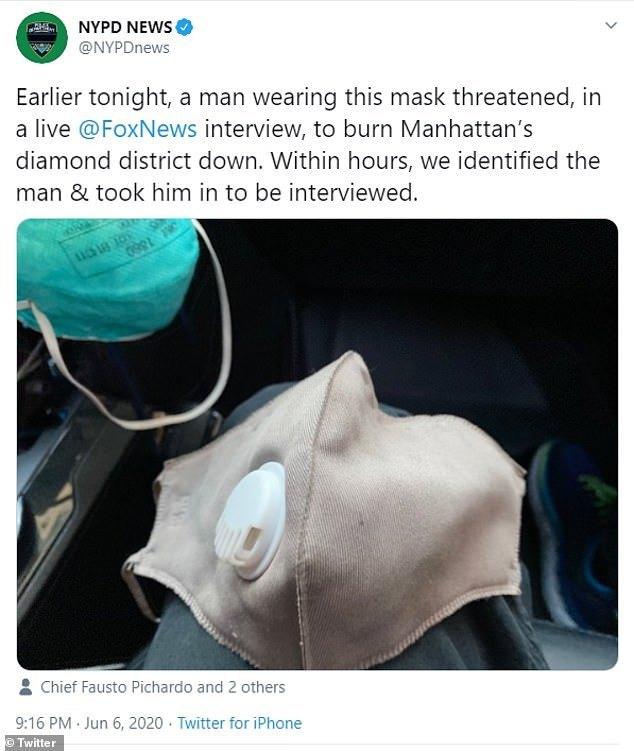Yesterday Attorney General William Barr expressed his opposition to scaling back or eliminating qualified immunity for police officers. Reformers think scrapping the doctrine would discourage abuses like the life-endangering restraint technique that killed George Floyd. But Barr argues that increased liability for cops—whether accomplished by the Supreme Court’s reconsideration of the qualified immunity doctrine or by legislation like the bill that Rep. Justin Amash (L–Mich.) recently introduced—would have a chilling effect on good policing.
Defenders of qualified immunity often express that concern. But it seems to be overblown, for reasons that also put a damper on the hopes of the doctrine’s opponents.
“I don’t think you need to reduce immunity to go after the bad cops, because that would result certainly in police pulling back,” Barr said on Face the Nation. “Policing is the toughest job in the country….The vast, overwhelming majority of police are good people. They’re civic-minded people who believe in serving the public. They do so bravely. They do so righteously.”
That position is unsurprising coming from Barr, who has expressed dismay at what he perceives as insufficient respect for police officers and the work they do. “Being a police officer is more difficult today than it has ever been before,” he said in a speech at a police symposium in Miami last February. “One reason is the emergence of a deeply troubling attitude towards police in some parts of society. Far from respecting the men and women who put their lives on the line to protect us, it has become common in some quarters to scapegoat and disrespect police officers and disparage the vital role you play in society. This undoubtedly makes your already difficult job of protecting the public even harder.”
That “deeply troubling attitude” must be understood, of course, in the context of police corruption and abuse. If the “vast, overwhelming majority of police are good people,” curtailing those problems is in their interest as well as the interest of bad cops’ potential victims. Their reputation, their relationship with the communities they serve, and their effectiveness all suffer when the public believes that officers will not be held accountable for abusing their powers. And to the extent that “pulling back” means police will hesitate before doing things they should not do—say, kneeling on a prone, handcuffed arrestee’s neck for nearly nine minutes—that effect should be welcomed.
But Barr is arguing that the net effect of eliminating this barrier to civil rights lawsuits will be negative because it will overdeter police, causing them to second-guess their decisions in ways that jeopardize public safety. The Supreme Court has repeatedly expressed similar concerns.
“A policeman’s lot is not so unhappy that he must choose between being charged with dereliction of duty if he does not arrest when he has probable cause, and being mulcted in damages if he does,” the majority said in Pierson v. Ray, the 1967 case in which the Court recognized a “good faith” exception to liability under 42 USC 1983, which allows people to sue government officials for violating their constitutional rights under color of law. In Harlow v. Fitzgerald, the 1982 case in which the Court said lawsuits under that statute are allowed only when they allege violations of rights that were “clearly established” at the time, the justices worried that allowing “insubstantial claims” against government officials to proceed would create “undue interference with their duties” and “potentially disabling threats of liability.”
In a 2020 Columbia Law Review article, UCLA law professor Joanna Schwartz, a prominent critic of qualified immunity, carefully considers such claims, drawing on her analysis of nearly 1,200 federal civil rights cases, her survey of about 100 lawyers practicing in this area, and her in-depth interviews with 35 of them. Her conclusions suggest that Barr is unduly worried that increased liability would paralyze the police. But they also suggest that opponents of qualified immunity should temper their expectations of the good that can be accomplished by eliminating it.
Schwartz found that the vast majority of unsuccessful civil rights lawsuits fail for reasons other than qualified immunity, which suggests that the impact of abolishing it would be less dramatic than many people on both sides of the debate imagine. She nevertheless predicts that without qualified immunity, more cases would be filed against police officers. But a surge in “insubstantial claims” is unlikely, she argues, mainly because attorneys working for contingency fees have a strong financial reason to eschew such cases. And even if a larger share of civil rights lawsuits survive motions for dismissal, Schwartz thinks their success rate probably would stay about the same, since “jurors’ sympathies for government defendants mean that plaintiffs would continue to regularly lose at trial.”
One important benefit of eliminating qualified immunity, Schwartz argues, would be to clarify the contours of constitutional rights. Since 2009, when the Supreme Court said courts can dismiss a lawsuit under 42 USC 1983 without even deciding whether the plaintiff’s rights were in fact violated, it has become increasingly difficult for victims of police abuse to locate the precedents they need to show that officers violated “clearly established” law. As 5th Circuit Judge Don Willett has observed, “important constitutional questions go unanswered precisely because those questions are yet unanswered.”
Without qualified immunity, Schwartz says, “it would be more difficult for district and appellate courts to avoid ruling on the merits of plaintiffs’ constitutional claims. Instead of limiting their analysis to whether the facts of a prior case were similar enough to ‘clearly establish’ the unconstitutionality of defendants’ conduct, courts would more regularly explore and explicate the boundaries of constitutional protections. Such rulings could provide guidance to governments as they create policies and trainings for government officials, and begin dialogue with other branches of government and the body politic about shared constitutional principles.”
Barr and other supporters of qualified immunity tend to assume that it decreases the burden of litigation on officers, police departments, and the governments that oversee them, which on the face of it makes sense. But based on her case analysis and the opinions of attorneys who handle such cases, Schwartz argues that qualified immunity actually “increases the cost, complexity, and time associated with civil rights litigation.” She therefore predicts that eliminating qualified immunity would tend to reduce those burdens for any given case, although it probably would increase the total number of cases.
What about the impact on officers’ behavior, which is the focus of Barr’s fears as well as the hopes of qualified immunity’s opponents? “Several studies of law enforcement officers have shown that ‘the possibility of being sued does not play a role in the day to day thinking of the average police officer,'” Schwartz writes. “The majority of surveyed officers in two different studies reported that legal liability was not among their top ten thoughts when doing their work. Contrary to the Supreme Court’s suggestion that police fret overmuch about the possibility of being sued while making split-second decisions, available evidence suggests that the threat of legal liability rarely enters most officers’ minds when they are doing their job.”
That state of affairs, Barr presumably would argue, shows that qualified immunity is working as intended. But Schwartz suggests several other important reasons why officers do not worry very much about being sued:
First, law enforcement officials infrequently pay for their defense counsel and virtually never contribute to settlements and judgments entered against them…Second, available evidence suggests that most law enforcement agencies do not gather and analyze information from lawsuits brought against their officers…Third, available evidence suggests that government officials have a number of other concerns on their minds beyond the threat of litigation. Recent reports attribute the challenges of recruiting and retaining law enforcement officers to “high-profile shootings, negative publicity about the police, strained relationships with communities of color, tight budgets, low unemployment rates, and the reduction of retirement benefits.” Officers unquestionably dislike being sued. But these three factors—widespread indemnification, government inattention to information in lawsuits, and myriad other concerns about accepting government employment—likely explain officers’ current disregard for the threat of being sued while on the job. And these three factors would presumably continue to exist in a world without qualified immunity.
Those observations, while perhaps reassuring to supporters of qualified immunity like Barr, are hardly encouraging for critics of the doctrine. But even if the positive deterrent effect of eliminating qualified immunity is modest, there are several important reasons to do it.
First, as Amash points out, the Supreme Court has read into 42 USC 1983 exceptions that are not actually part of the statute. If Congress wanted to bar lawsuits in cases where officials acted in “good faith” or where their conduct, even when clearly outrageous, did not closely match the details of earlier cases, Congress could have done so. In that light, Amash argues, the justices have usurped the legislative role of the people’s elected representatives.
Second, Schwartz suggests that more cases and more trials could “influence officer behavior” through “the disclosure of information about government behavior.” She argues that “complaints, discovery, motion practice, and trial can bring to the surface valuable information about government behavior previously unknown to the public—and sometimes unknown to the government entities whose employees are implicated in the suit.”
Third, as Schwartz also argues, qualified immunity encourages courts to avoid resolving important constitutional issues. Did Idaho police violate the Fourth Amendment when they wrecked a woman’s home by bombarding it with tear gas grenades after she agreed to let them inside to arrest her former boyfriend? What about the Georgia sheriff’s deputy who shot a 10-year-old boy while trying to kill his dog, simply because police had chased a suspect into their yard? Or the Nebraska sheriff’s deputy who, while responding to an erroneous “domestic assault” report, lifted the purported victim in a bear hug and threw her to the ground, knocking her unconscious and breaking her collarbone? Or the Tennessee officer who allegedly sicced a police dog on a burglary suspect who had already surrendered and was sitting on the ground with his hands up? Or the California cops who allegedly stole cash and property worth more than $225,000 while executing a search warrant?
In these and other cases, we do not know the answers, because appeals courts dismissed them without addressing the constitutional questions they posed. Cases like these send the message that Americans have no remedy when police violate their rights in appalling ways, unless they can locate precedents with closely similar facts. As Willett notes, “qualified immunity smacks of unqualified impunity, letting public officials duck consequences for bad behavior—no matter how palpably unreasonable—as long as they were the first to behave badly.” Or as Justice Sonia Sotomayor puts it, qualified immunity “tells officers that they can shoot first and think later.”
Schwartz agrees that such decisions “deny what is often the best available relief to plaintiffs who have been grievously wronged by government actors, suggest to government officials that they can violate the law with impunity, and send the troubling message to victims of misconduct that they are not deserving of constitutional protection.” At the same time, she cautions against excessive optimism about the benefits of scrapping qualified immunity.
“Doing away with qualified immunity will not be the silver bullet that critics of qualified immunity hope,” Schwartz writes. “In qualified immunity’s absence, there would remain multiple other substantive and procedural barriers to relief, judges and juries predisposed against civil rights plaintiffs, and local government practices—including widespread officer indemnification, budgetary arrangements that shield agencies from the financial consequences of suits, and inattention to lawsuit data—that dampen the deterrent effect of civil rights suits. Eliminating qualified immunity will not address these barriers to relief and reform. Yet eliminating qualified immunity will also prompt several significant shifts in civil rights litigation: It will clarify the law, reduce the cost and complexity of civil rights litigation, increase the number of attorneys willing to consider taking civil rights cases, and put an end to decisions protecting officers who have clearly exceeded their constitutional authority. Eliminating qualified immunity should, therefore, be understood as a preliminary—but important—step toward greater accountability and deterrence.”

from Latest – Reason.com https://ift.tt/2MFiqEX
via IFTTT


